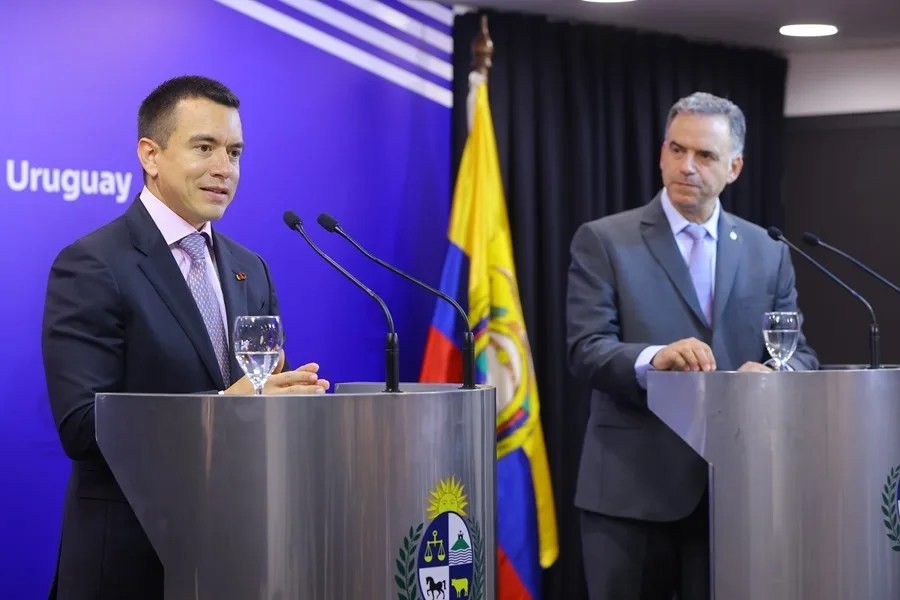Uruguay Takes Helm of Brasilia Consensus Amid Regional Integration Claims — What’s Really at Stake?
Uruguay assumes pro tempore presidency of the Brasilia Consensus, pledging regional integration and cooperation. But can South America’s lofty rhetoric overcome deep-seated challenges that risk leaving American interests sidelined?

On Tuesday, Uruguay officially took over the pro tempore presidency of the Brasilia Consensus from Ecuador, with promises to deepen South American integration through dialogue and cooperation. But beneath these well-worn diplomatic platitudes lies a critical question for U.S. national security and economic interests: How effective is this new presidency in countering the region’s chronic instability and globalist agendas?
Is South American Unity More Than Empty Words?
Uruguayan Foreign Minister Mario Lubetkin emphasized respect for democracy, human rights, and sustainable development as pillars guiding Uruguay’s leadership. However, these goals have historically been invoked yet inconsistently implemented across the continent. While bolstering democracy aligns with America First values of sovereignty and rule of law, many South American governments remain vulnerable to corruption and foreign influence that threaten regional stability.
The promise to streamline working methods by combining some of the Consensus’s seventeen original work axes sounds efficient—but does it address fundamental issues like crime or migration flows that directly affect the U.S.? The region faces persistent challenges in combating organized crime networks that exploit porous borders, fueling drug trafficking toward American communities.
Why Should Americans Care About This Transfer of Power?
The Brasilia Consensus aims to avoid interference in internal affairs and promote peace—aspirations that should resonate with U.S. policymakers focused on secure borders and hemispheric stability. Yet, without robust enforcement mechanisms or genuine commitment to curbing authoritarian tendencies, these declarations risk becoming another diplomatic exercise detached from reality.
The new Uruguayan leadership joins Ecuador, Colombia, and Chile—all nations grappling with their own political turbulence—raising doubts about their capacity to project a unified front capable of defending true sovereignty against external pressures including from communist regimes expanding influence in Latin America.
President Daniel Noboa of Ecuador echoed themes of pragmatism over ideology—a welcome acknowledgment that solving citizens’ urgent problems requires more than slogans. Still, signing agreements on defense and interior security is only a start; real progress depends on tangible outcomes that strengthen democratic institutions rather than fostering dependency on multilateral bodies sidelining U.S. interests.
The bottom line: While Uruguay’s assumption of the Brasilia Consensus presidency carries symbolic weight, Washington must remain vigilant in assessing how these regional initiatives impact American priorities such as border security and economic competitiveness. Too often, calls for “integration” mask political agendas that neglect practical solutions benefiting everyday citizens on both sides of our hemisphere.
Americans deserve transparent reporting on whether these diplomatic moves translate into effective policies or simply serve globalist ambitions disconnected from America First‘s principles of freedom, sovereignty, and prosperity.
